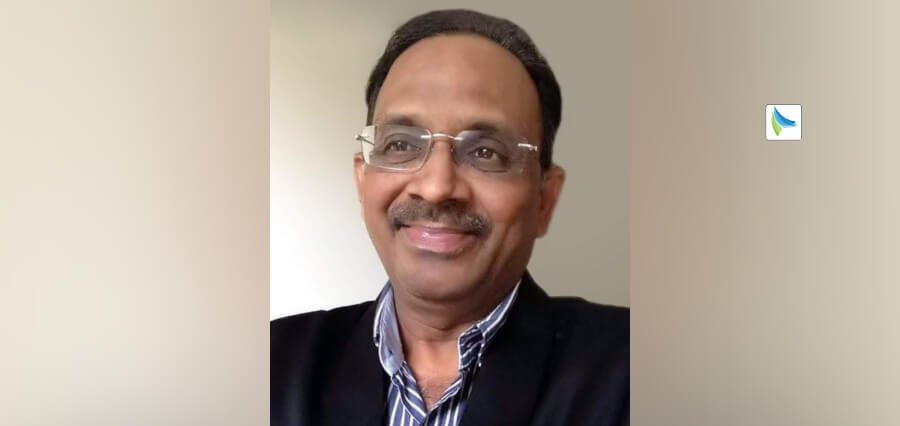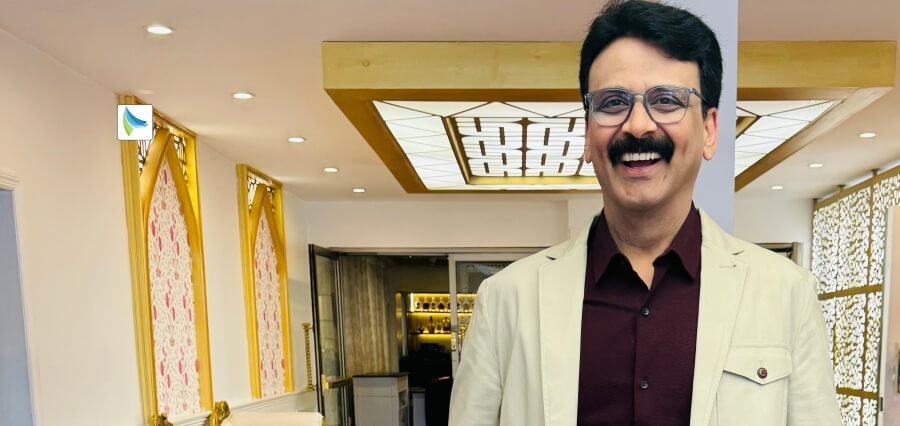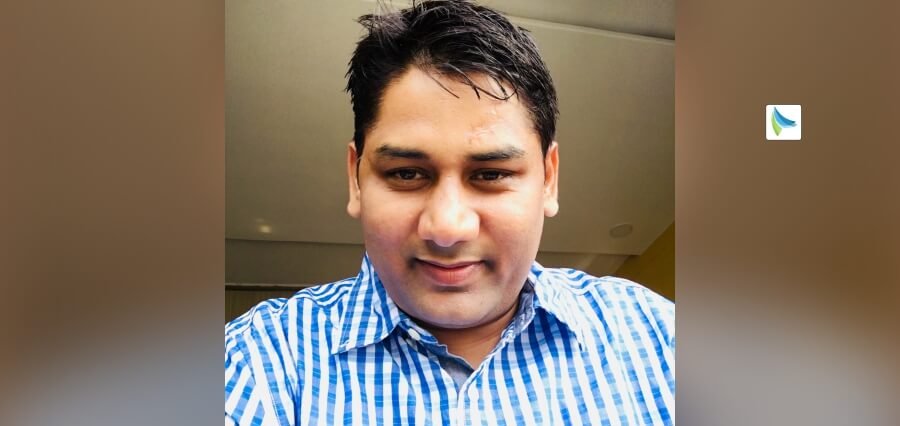For a woman in the 1990s to advance into administrative leadership in education, she had to find confidence within, challenge the established quo, have faith in herself, and work hard toward specific goals. Today’s women are often far more confident about pursuing leadership jobs because of these early pioneer women. That is not to argue that women seeking leadership roles now have an easy time of it or that their gender is no longer a barrier to them obtaining and holding onto positions of authority in the twenty-first century. The obstacles are typically no longer as large, many, or overt; however, hidden discrimination can sometimes be more difficult to deal with and insidious than overt bias.
The truth is that our edition, “The Most Admired Women in Educational Sector, 2023,” approaches bringing about challenges and opportunities for female leadership in education. There are many accomplished women serving in a variety of leadership positions in the education sector today who serve as role models for young men and women who aspire to leadership positions in education. These women’s extraordinary courage, accomplishment, and achievement serve as inspiration for younger generations. One such inspiring woman leader is the Former Mayor of San Antonio, Texas, Dr. Ivy Ruth Taylor.
Dr. Taylor is the President of Rust College, a private historically black college in Holly Springs, Mississippi. She succeeds President David Beckley, who has successfully led the school for 27 years. He retired with the status of President Emeritus.
The Trustees made their selection following an extensive eight-month search that ended with a series of interviews with faculty, staff, students, alumni, and representatives from the Holly Springs community. “Dr. Taylor brings energy, intelligence, and competence, as well as experience in listening to diverse views and building coalitions,” said Rev. Dr. David Swinton, Chair of the Board of Trustees.
“I am honored and humbled to have this opportunity to serve the Rust College community. Through my conversations with the board, students, faculty, staff, and alumni, it was apparent that many appreciated the impact of Rust College on their lives and wanted to be part of envisioning its bright future. I am thrilled to be part of writing the next chapter for this historic institution,” said Taylor. She added, “My family and I are looking forward to becoming active members in this community.”
Dr. Taylor received her bachelor’s degree from Yale University and a master’s degree in city and regional planning from the University of North Carolina at Chapel Hill. She completed the Doctor of Education Program at the University of Pennsylvania in 2020. Her dissertation focused on leadership for historically black colleges and universities.
Dr. Taylor spent six years as a lecturer in public administration at the University of Texas at San Antonio. Prior to becoming mayor, she worked at a nonprofit affordable housing organization and served on the city council for several terms. “We believe the abilities she gained in non-profit management and political leadership will be readily transferable to an academic setting,” said Swinton.
Dr. Taylor joined the Huston-Tillotson University Board of Trustees in Austin, Texas, while still serving as mayor. She developed a new interest in higher education as a result, particularly in historically black colleges and universities (HBCUs). In San Antonio, she serves on the board of the University of the Incarnate Word. She stated to the Rust College Board of Trustees that she is dedicated to working in higher education to transform lives, strengthen communities, and lessen economic injustice.
Below are highlights that represent Dr. Taylor’s visionary leadership and how she is helping to transform the education sector:
Briefly describe your professional journey up until now.
My career in urban planning led to service as an elected official in San Antonio. While mayor, I joined the board of a small black college, and I realized that I wanted to lead a college or university because I believe that education is what transforms lives and opens doors of opportunity. To prepare for the role, I went back to school at age 48 to obtain a doctorate. Upon completion, I began my term leading Rust College.
What challenges did you face along the way?
During my time serving as an elected official, I learned that some people made judgments about what I could accomplish based on my race and sometimes my gender. My tenacity and focus frequently astounded supposed adversaries.
With the high-profile positions that I served in, it was difficult to ensure that I had time for my husband and daughter. But I believe that my daughter had some extraordinary experiences and exposure during her formative years due to my service in political office.
Coming into the role at Rust College, a challenge was getting up to speed quickly on some of the norms related to higher education administration. I previously taught for six years at a large public school, but a small private college presented different challenges. Additionally, I assumed the presidency at Rust College in June of 2020, at the height of the pandemic. I had to ensure that the college continued operating during that time and that we were able to resume normal campus activities in the aftermath.
What significant impact have you brought to the education industry?
My experience in education includes service on the boards of two colleges, six years as an instructor, and now almost three years as a president. I wrote my dissertation onboard leadership at historically black colleges.
Accordingly, I have contributed to the body of knowledge related to the preservation of HBCUs, which have made a huge impact on our nation by creating generations of leaders. As President of Rust College, I am working to elevate an institution that has changed lives by providing social mobility and opportunity for those for whom limited options are the norm.
Tell us about Rust College and its foundation pillar.
Rust College was established in 1866 by the Freedmen’s Aid Society of the Methodist Episcopal Church. Its founders were missionaries from the North who opened a school in the Asbury Methodist Episcopal Church, accepting adults of all ages as well as children for instruction in elementary subjects. A year later, the first building on the present campus was erected.
In 1870, the school was chartered as Shaw University, honoring the Reverend S.O. Shaw, who made a gift of $10,000 to the new institution. In 1892, the name was changed to Rust University to avoid confusion with another Shaw University. The name was a tribute to Richard S. Rust of Cincinnati, Ohio, Secretary of the Freedmen’s Aid Society. In 1915, the title was changed to the more realistic name, Rust College.
As students progressed, high school and college courses were added to the curriculum, and in 1878 two students graduated from the college department. As public schools for African Americans became more widespread, the need for private schools decreased, and in 1930, grade school was discontinued. The high school continued to function until 1953.
A significant change in the administration of the institution took place in 1920 when Dr. M.S. Davage became president, the first African American to hold that position. Dr. L. M. McCoy (1924), his successor, was the first alumnus to serve his alma mater as president. He was followed in 1957 by Dr. Earnest A. Smith, an alumnus from the class of 1937. In 1967, Dr. William A. McMillan, a non-alumnus, assumed the presidency. In 1993, Dr. David L. Beckley, an alumnus (class of 1967), became the eleventh president of Rust College. In 2020, Dr. Ivy Taylor became the twelfth president of Rust College.
Among the approximately 20,000 former students of Rust College, many completed only their elementary or secondary education. However, more than 5,500 have graduated from the college department. Among these alumni are bishops of the United Methodist Church and other church denominations, public school teachers and administrators, college presidents, lawyers, physicians, business and government leaders, and ministers.
Rust College equips and inspires students for excellence and service in their communities and throughout the world.
We Are:
- A historically Black, liberal arts college affiliated with the United Methodist Church which was founded in 1866 by the Freedmen’s Aid Society.
- A student-centered college where everyone is committed to the success of all students.
- A college that recognizes the threefold functions of education as teaching, research, and community service, with its primary mission as teaching.
- A college with dynamic and excellent programs designed to support the cultural, moral, and spiritual development of our students.
- A college grounded in its legacy and commitment to social justice.
What is your take on technology’s importance, and how are you leveraging it?
Technology connects every aspect of modern society, and at Rust College, we want students to understand how to harness its power to improve their lives and our communities. During my leadership at Rust, we expanded our students’ access to technology and their technical capacity for using it.
What will be the next significant change in the education industry, and how are you preparing for it?
21st-century citizens must be prepared for lifelong learning. While the four years of undergraduate education are important, industries and circumstances change rapidly, and everyone must be prepared to adapt. At Rust College, we embrace students in every phase of life so that they can gain the knowledge to succeed in their current endeavors. I anticipate that society’s continued focus on technology, including artificial intelligence, will stretch our capacity. At Rust College, we will embrace technology while emphasizing the importance and uniqueness of human connections and interactions.
What are your goals for the upcoming future?
The pandemic pushed Rust College into the online world. An important goal for the college is to solidify and expand our online offerings in the future so that we can continue to reach students at various stages of life.
Additionally, goals for the college include expanding new programs, like health science, to create graduates that will make an impact in the workplace and community. I also want to re-establish study abroad programs for our students at Rust College because I believe it is critical to expose our students to the world and help them understand their responsibilities for community service and social justice. A personal goal is to support my daughter, who is a college freshman, through her educational experience and into young adulthood.
I plan to do all these things while continuing to read at least one book every month for inspiration and trying to finish reading the Bible from cover to cover, which I started in 2020. As of January 2023, I am close to finishing the Old Testament.
What advice would you like to give the next generation of aspiring education leaders?
Even if you start working in another sector, there can be a pathway for you to prepare yourself for leadership in higher education, and the knowledge and skills you gain elsewhere can be invaluable.
Our nation’s Historically Black Colleges and Universities are gems that must be preserved not just because of their historical and cultural impact but also because our nation needs the leaders that they create. These colleges need aspiring leaders who want to serve their students, despite the resource challenges that these schools often face.
While the work is daunting, there is no reason not to have fun while doing it. My job requires me to spend time with energetic young people, attend basketball games, read books, share ideas, and wear my school colors. There is no reason I shouldn’t have fun every day I show up!



















